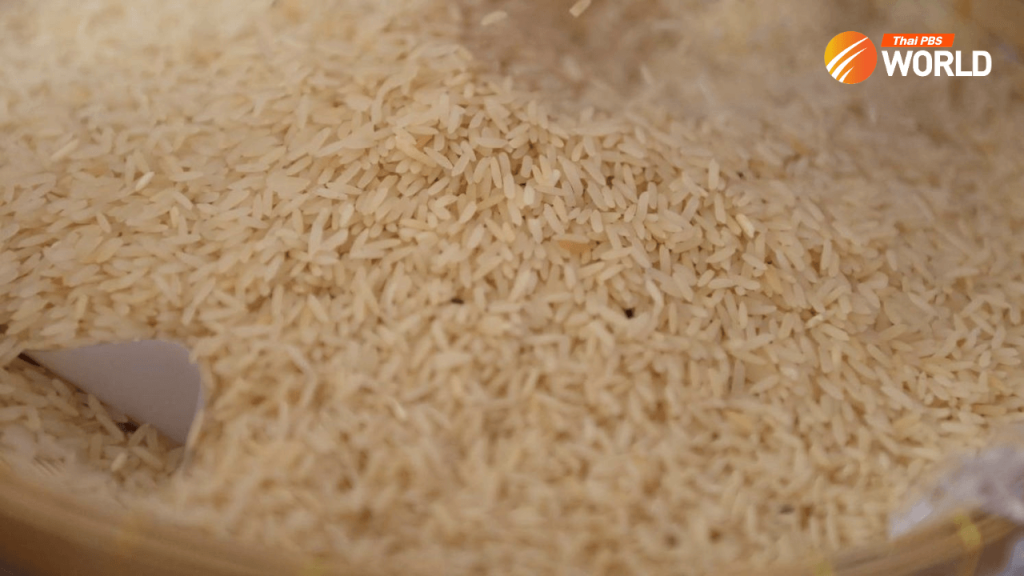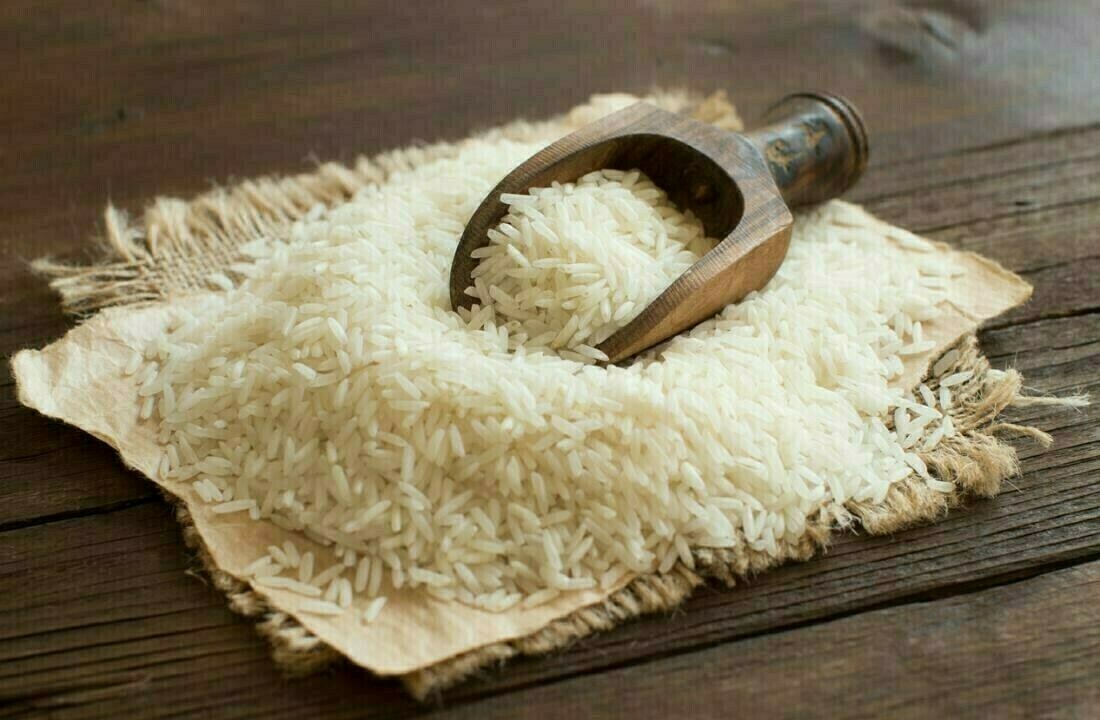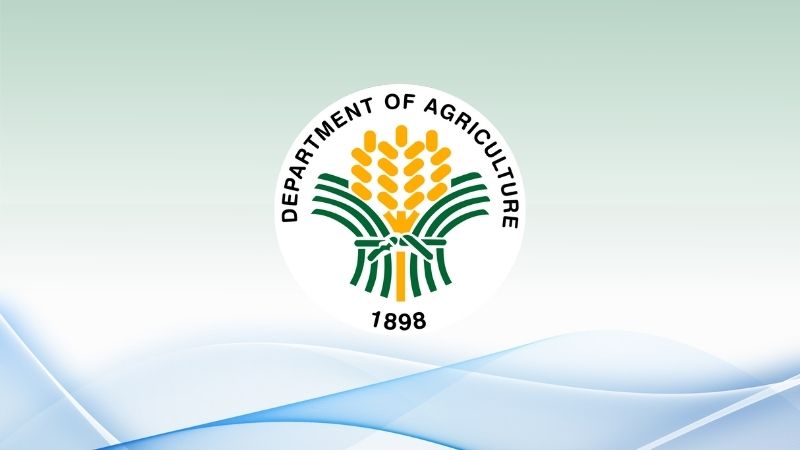Tags
The heavy price of rice politics in Thailand

Commerce Minister Phumtham Wechayachai recently caught the attention of the public when he tasted rice that had been stored for 10 years to prove that it had suffered no degradation in quality and could be sold.
Observers see his action as a political ploy to justify the controversial rice-pledging scheme implemented during the Pheu Thai government of Yingluck Shinawatra.
The last batch totalling 15,000 tons of Thai Hom Mali rice (premium fragrant rice) has been stored in two warehouses in the northeastern province of Surin.
The stock was part of about 18 million tons of white rice amassed by the Yingluck government under the massive rice subsidy scheme over 10 years ago.
Yingluck’s misadventure
The Yingluck government initiated the rice-pledging scheme in the harvest season of 2011-12, which aimed to buy every single grain from farmers, promising 15,000 baht per ton of paddy rice at that time, well above the market price of around 10,000 baht per ton.
The scheme ended in the harvest season of 2013-14 when the military seized power in May 2014.
To finance the scheme, the government borrowed 881.3 billion baht from the state-owned Bank for Agriculture and Agricultural Cooperatives (BAAC).
At the end of last year, the government had repaid the BACC 296.6 billion baht while outstanding debt amounted to 226.3 billion baht, according to the financial statement of the BAAC.
The government also had to spend an additional billion baht for warehouse owners to store the rice.
A serious miscalculation
“The government was hoping that by stockpiling rice in warehouses, it could push up global prices as Thailand was one of the leading rice exporters.
However, global prices defied the Yingluck government’s expectations,” said Viroj Na Ranong, research director at the Thailand Development Research Institute, an independent think-tank.
Not only did the global market price not rise, Thailand’s rice exports also fell during those years.
The country lost its status as the world’s top rice exporter in 2012 due to the controversial rice scheme, falling to third place behind India and Vietnam.
Thailand exported 6.9 million tons of rice in 2012, behind India’s 9.5 million tons, and Vietnam’s 7.8 million tons, according to the Thai Rice Exporters Association.
The controversial scheme also resulted in a high cost for the taxpayers.
“The cost of the rice subsidy scheme during the Yingluck administration was huge, estimated to be about 600 billion baht,” said Somporn Isvilanonda, a senior fellow at the Knowledge Network Institute of Thailand.
Allegations of corruption in the implementation of the rice subsidy scheme was cited as one of the justifications for the 2014 military coup.
The Supreme Court’s Criminal Division for Political Office Holders in 2017 sentenced former commerce minister Boonsong Teriyapirom to 42 years in prison while other senior officials and rice traders involved in corruption also received lengthy prison terms.
Yingluck herself was sentenced to five years in prison. She fled the country before the court handed down the verdict. She was convicted for failure to perform her duties in overseeing the scheme that resulted in widespread corruption.
Her prison sentence under Section 157 of the Criminal Code was relatively light compared to Boonsong and other wrongdoers.
Apart from concerns about food safety, the public is also asking questions as to why the Prayut Chan-o-cha government did not sell the long-stored stocks of rice.
One answer was that the government was engaged in legal battles with many warehouse operators who did not accept the authority’s judgement at that time of labeling most of the rice as rotten, or degraded quality, that should be sold at very low prices.
Had they accepted the authority’s judgement, they could have been fined by the government for poor quality control of rice stock in their warehouses.
A lesson never learned
The cost of Yingluck’s rice-pledging scheme was a staggering 600 billion baht while rice subsidies offered by the Prayut government during its eight years in office cost the country another roughly 600 billion baht, said Somporn.
The Prayut government pursued an income guarantee scheme for farmers and also provided financial assistance for rice production and quality control.
The current government under Prime Minister Srettha Thavisin is making the same mistake by offering rice subsidies worth 56 billion baht, argued Somporn.
“Rice subsidies by these governments are a waste of tax revenue,” Somporn lamented.
While governments have allocated large sums of money to support rice prices in the local market, they have done little to increase rice productivity. Thailand lags far behind its competitors, such as Vietnam, said Somporn.
Rice productivity in Thailand is about 450 kilogram per rai compared to 970 kilogram per rai in Vietnam.
Current market prices
Current global prices are relatively high compared to the recent past largely because India, the world’s largest rice exporter, banned the export of non-basmati white rice in July last year.
Drought due to the El Nino phenomenon also decreased rice production in Thailand, Indonesia and the Philippines. Indonesia usually produces almost adequate rice for local consumption, but last year it had to import large quantities.
Indonesia’s rice imports surged 613 per cent over the previous year, reaching 3.06 million tons in 2023, according to data from the country’s Central Statistics Agency.
The majority of Indonesia’s rice imports in 2023 originated from Thailand and Vietnam, contributing 1.38 million tons and 1.14 million tons, respectively, according to the Jakarta Globe quoting the agency.
The price of Thailand’s 5% broken white rice, a benchmark, is about US$600 per ton, up from slightly over $400 per ton in the past few years.
Should the new Indian government, expected to take office in June after the ongoing general election, change its policy the price could fall, said Somporn.
Rice production may rise this year as the El Niño phenomenon has come to an end and La Niña is approaching, which could negatively affect prices.
The Thai Rice Exporters Association forecasts that India would maintain its status as the top rice exporter this year, shipping 16.5 million tons, followed by Thailand and Vietnam, both exporting 7.5 million tons. Vietnam, however, could edge Thailand to second place due to its lower prices.
By Thai PBS World’s Business Desk
https://www.thaipbsworld.com/the-heavy-price-of-rice-politics-in-thailand/Published Date: May 18, 2024






